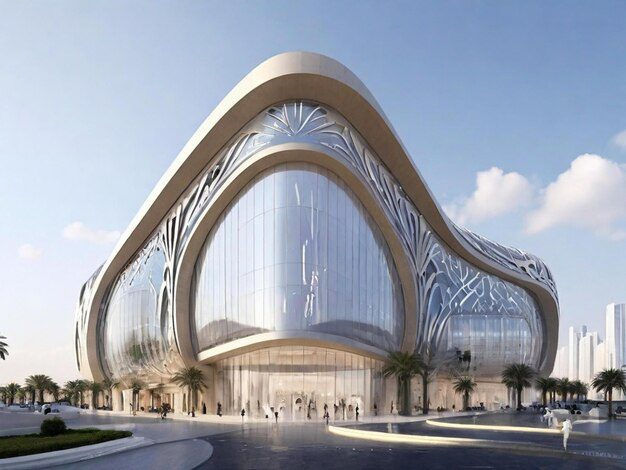In a July 2023 TV documentary, Saudi Arabia’s Crown Prince Mohammed bin Salman responded to skepticism about the Kingdom’s major construction projects, asserting, “They can keep saying that, and we can keep proving them wrong.” Nearly a year later, some doubts are proving to be accurate.
Recently, Saudi Arabia has scaled back its ambitious Neom project, a centerpiece of Vision 2030, which aims to diversify the country’s economy away from oil dependency. Launched in 2017, Neom is a $500 billion initiative to develop ten futuristic cities in the desert, with the most notable being The Line—a linear city featuring two skyscraper walls 500 meters high and just 200 meters wide. Originally planned to stretch 170 kilometers and house nine million residents, the project will now focus on a 2.4-kilometer section by 2030.
Neom was envisioned as a carbon-free city with pedestrianized communities, parks, waterfalls, flying taxis, and robot assistants, with an ultra-high-speed train to span the city. It remains unclear which of these features will be included in the first phase.
Alongside The Line, Neom is set to include other ambitious projects, such as an octagon-shaped floating industrial city and a mountain ski resort for the 2029 Asian Winter Games. Ali Shihabi, a member of Neom’s advisory board, noted that the initial targets for Vision 2030 projects were intentionally ambitious, with the expectation that only a portion would be completed on time.
The scaling back of Neom highlights the financial pressures facing Saudi Arabia. The project, funded by the Public Investment Fund (PIF), is expected to cost over $2 trillion, significantly more than the official $500 billion estimate. Saudi Arabia’s government has faced a deficit since late 2022 due to oil production cuts aimed at boosting global prices. The IMF estimates that oil needs to be priced at $96.20 per barrel for the Kingdom to balance its budget, yet Brent crude has hovered around $80.
To address funding challenges, Saudi Arabia recently sold approximately $11.2 billion in shares of Saudi Aramco, with the proceeds expected to support the PIF. Additionally, the country has sold government bonds and is attempting to attract foreign investment, although this remains below target.
Saudi Arabia is also investing in tourism, entertainment, mining, and sports as part of its diversification strategy. It has secured hosting rights for major international events, including the 2027 Asian Cup, the 2029 Asian Winter Games, and the 2030 World Expo, and is the sole bidder for the 2034 FIFA Men’s World Cup. These projects will demand substantial investment.
Finance Minister Mohammed Al-Jadaan has indicated that the government is prepared to adjust Vision 2030 as needed, including scaling, extending, or accelerating projects based on evolving priorities.




